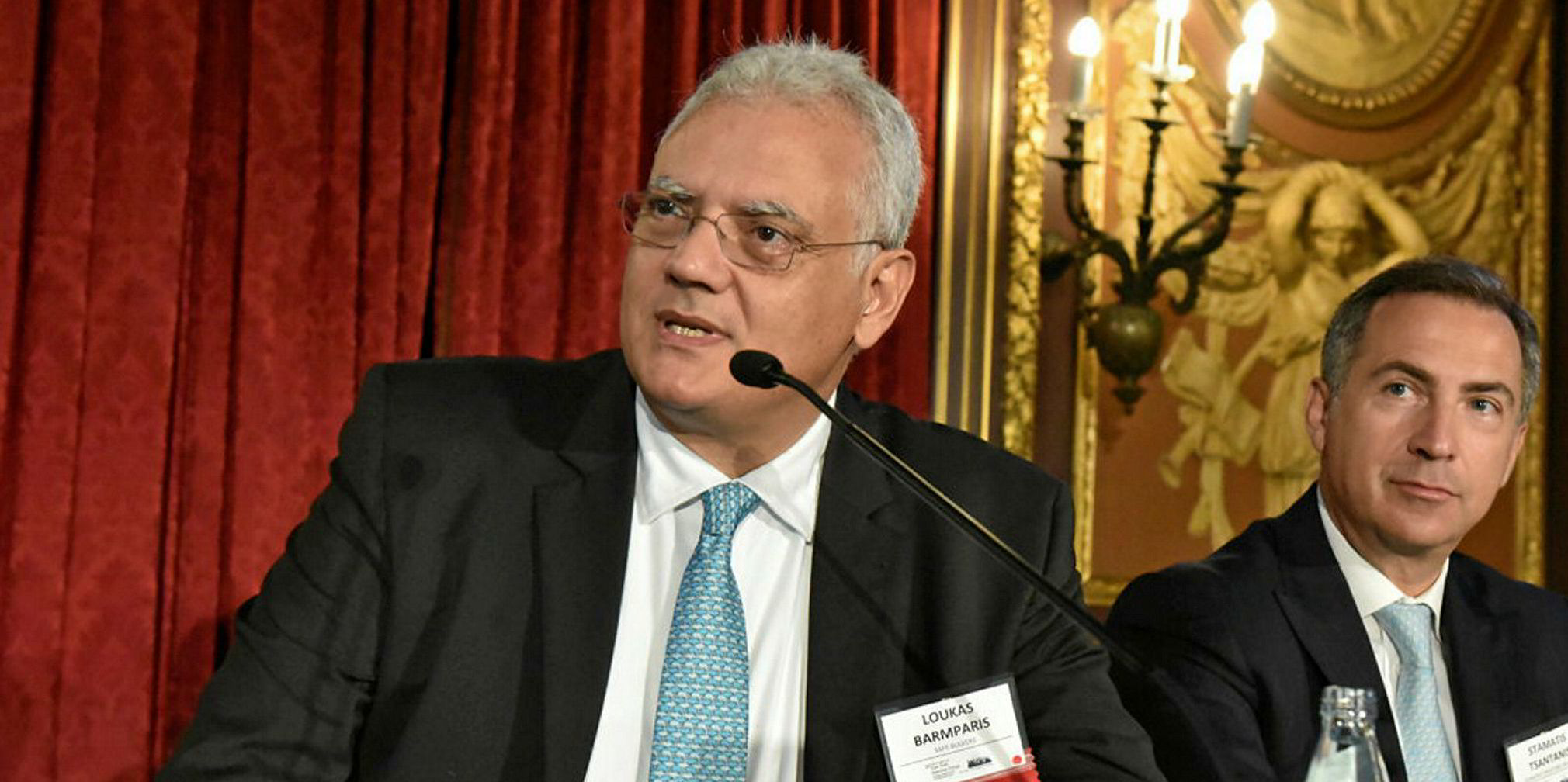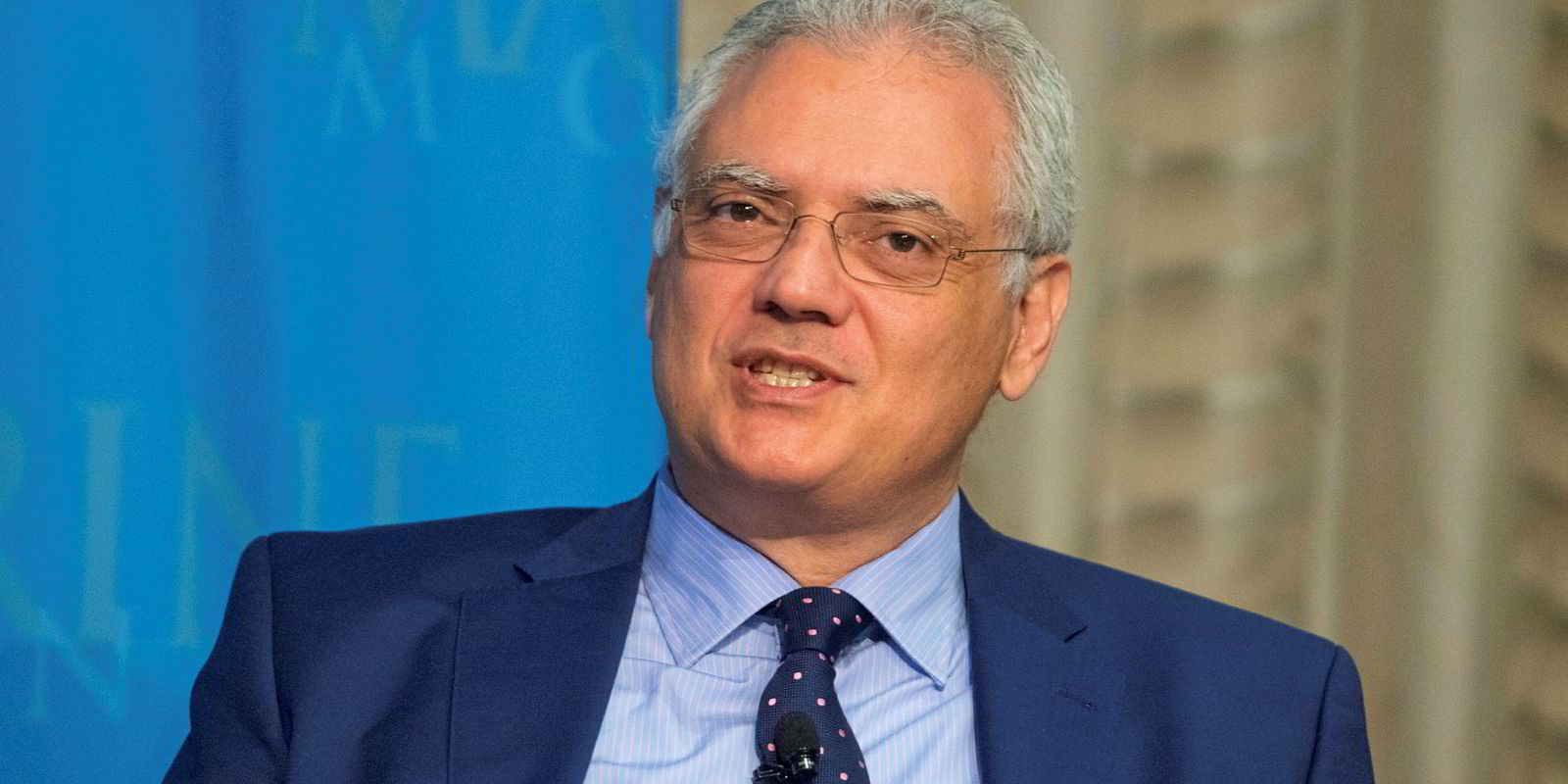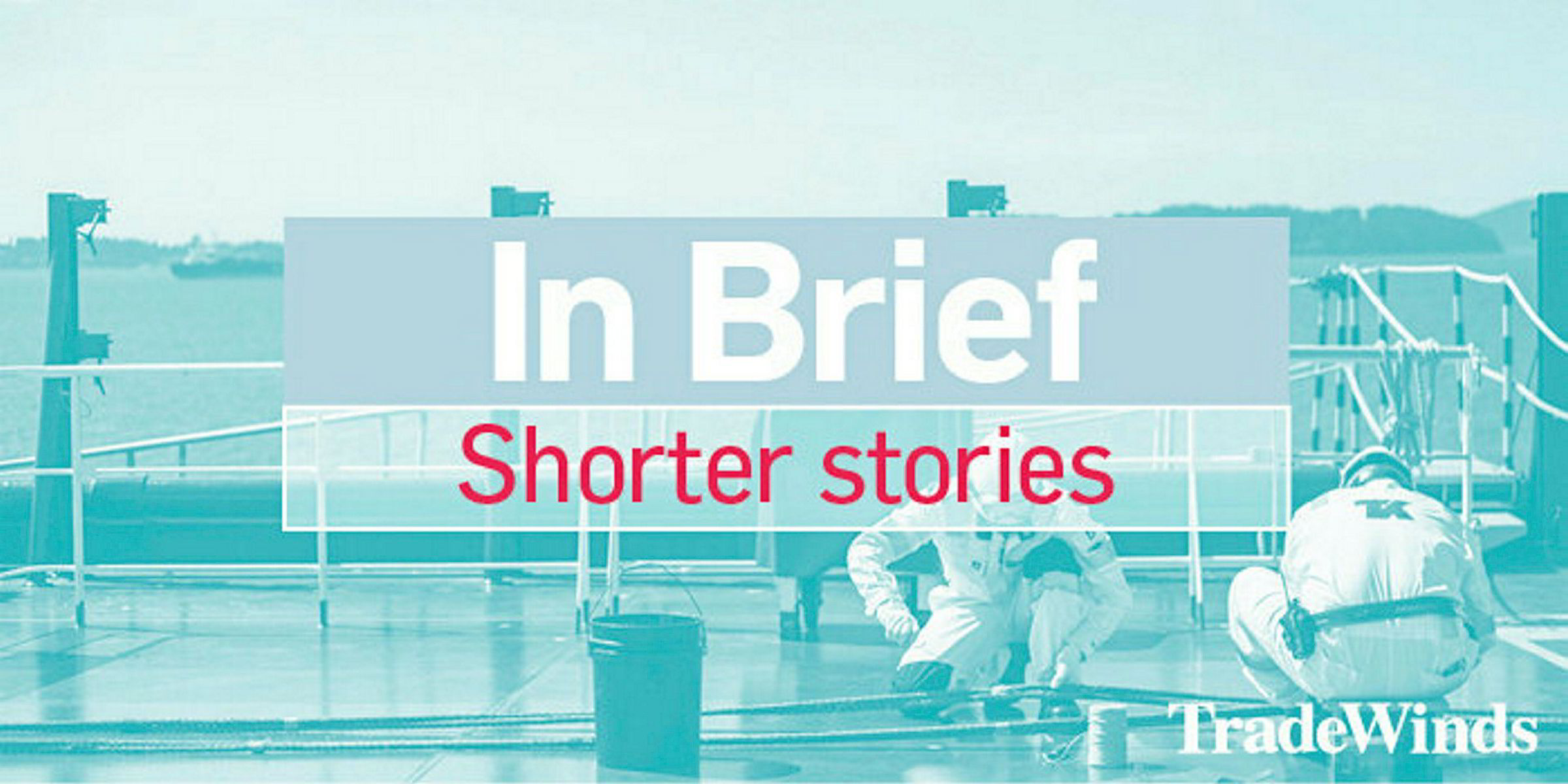Safe Bulkers remained in the black during the fourth quarter of last year despite a disappointing period for the freight market.
Adjusted net income rose to $9.8m, up from $5.5m in the corresponding quarter of 2017, the company said.
Profit climbed thanks to a 24% year-on-year rise in revenue, which reached $52.6m as Safe Bulkers employed more vessels at higher charter rates.
Analysts at DNB Markets said the results “were a bit on the soft side, driven by cost increases as top line was more or less in line”.
“Increasing costs could be worrisome, and we expect the stock to underperform the market by 1%-3% on the back of the numbers,” said analysts led by Nicolay Dyvik.
The Polys Hajioannou-led company said the charter market had since "shown material weakness amid trade-war concerns, disruption of trade patterns and seasonality”.
Safe Bulkers president Loukas Barmparis, however, said management remained overall confident the company was "well positioned ahead of uncertainties and opportunities that the present environment will offer”.
Safe Bulkers was sitting on a liquidity buffer of $92.5m as of 31 December 2018.
The company's refinancing moves last year stretched its $577m debt repayment schedule between 2019 and 2027. No significant capital expenditure is due.
Safe Bulkers has a single newbuilding currently under construction – a 85,000-dwt post-panamax bulker it acquired in a resale deal last November, which is due for delivery from a Japanese yard in the first half of 2020.
Outstanding capital expenditure on that ship amounts to $30.4m, $13.2m of which Safe Bulkers can pay in the form of common stock to the seller.
Dividend position unchanged
Safe Bulkers continued its policy of not paying a dividend on its common stock. The last time it paid one was back in the second quarter of 2015, according to TradeWinds data.
The company also reiterated a target to gradually install scrubbers on 19 out of its 41 vessels by the end of the year.
On request and at the expense of one of its charterers, Safe Bulkers will install a scrubber on one additional ship in 2020 – a capesize vessel on long-term employment.
The remaining part of the fleet will remain without scrubbers “to compete on the basis of vessels’ fuel consumption,” Barmparis said on Tuesday.





